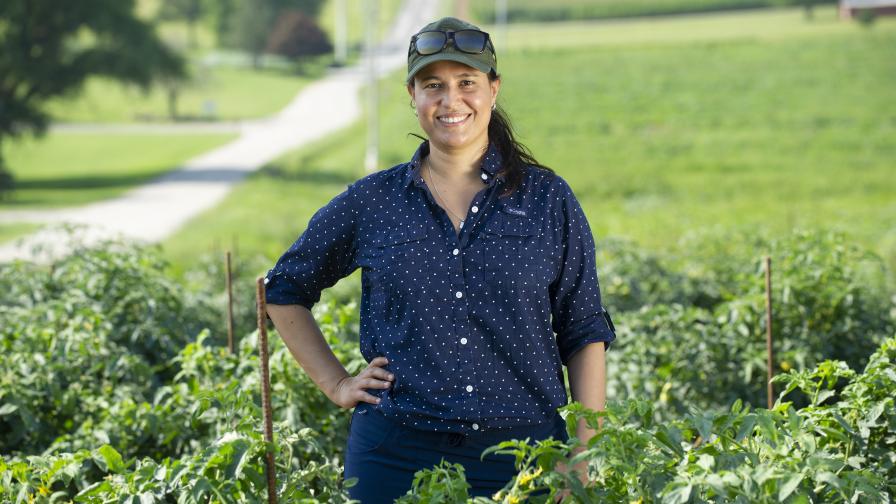Crisis Declaration Allows Use Of Bactericides In Florida Citrus
The much-anticipated emergency exemption allowing the use of bactericides to enhance overall trees health of tree infected with HLB has been granted under EPA’s Federal Insecticide, Fungicide, & Rodenticide Act. The exemption allows the foliar application of the antibiotics; streptomycin sulfate (FireWall 50WP, AgroSource Inc.), oxytetracycline hydrochloride (FireLine 17WP, AgroSource Inc.), and oxytetracycline calcium complex (Mycoshield, Nufarm Americas Inc.).
Florida growers can use any of the three products now that the crisis declaration has been issued (as limited by the specific conditions of use for the individual product) until EPA completes its review of the specific exemption petition submitted by the Florida Department of Agriculture and Consumer Services (FDACS) in early December 2015 (at the request of Florida Fruit & Vegetable Association (FFVA) and its subsidiary Third Party Registrations Inc. on behalf of the citrus industry).
The need to move forward at this time with the crisis declaration is due to the unseasonably warm period in Florida, triggering the flush and bloom of citrus. For the best potential efficacy, these products need to be applied during maximum flush of young leaves at the appropriate use rate and finished spray volume to ensure coverage of the young foliage.
“The release of these three Section 18 products is great news, and we have great appreciation to the registrants, FDACS, FFVA , and Citrus Research And Development Foundation (CRDF) for working together to get this through,” says Tom Jerkins, President of Premier Citrus and current President of the CRDF Board of Directors. “These products are the first available to Florida growers that show real data lowering levels of HLB bacteria in the plant.
“With their availability this early in the new crop year, there is some optimism that these products may change the overall tree health, fruit set, and fruit quality of the 2016-2017 crop season. We will all learn together how much that effect might be. In the meantime, the CRDF understands the Florida industry and growers need more, and to that point, the Foundation Board is immediately focusing its attention on any and all other short-term products or processes that can possibly become available in 2017 or 2018.“
The CRDF provided funding for the research data on the use of these bactericides. In a letter to industry, CRDF COO Harold Browning noted: “As with all agricultural tools, it is critically important that growers begin their use of these products with stewardship in mind, considering the importance of rotation of active ingredients for resistance management, adherence to rates, application timing, intervals between applications, and pre-harvest intervals.”
In December 2015, Florida Grower® magazine wrote in detail on the bactericide emergency exemption process.










